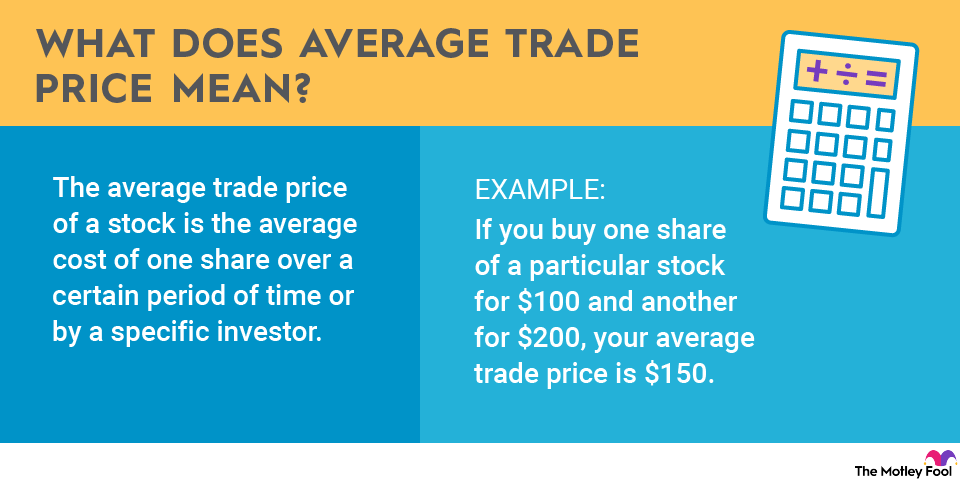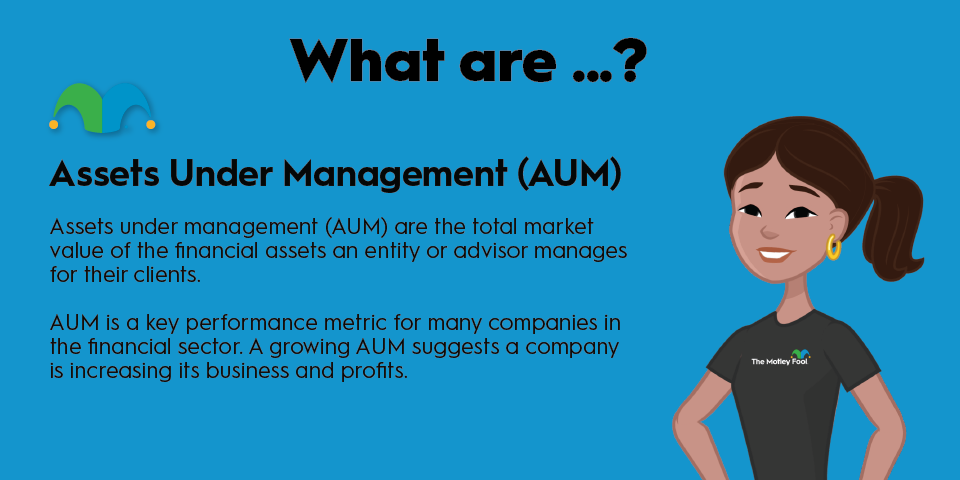Example of an anti-ESG ETF
The Constrained Capital ESG Orphans ETF (exchange-traded fund) was an anti-ESG fund created by the Tidal ETF Trust to invest in stocks that were typically "orphaned" by, or excluded from, ESG-focused ETFs and mutual funds.
The ETF focused primarily on companies in six industries: fossil fuel energy, nuclear power, tobacco, weapons and firearms, alcohol, and gambling. The fund's top holdings included ExxonMobil (XOM +1.25%), Philip Morris International (PM -1.63%), Chevron (CVX +1.54%), and Lockheed Martin (LMT +3.37%). The fund liquidated in 2023, about a year after its launch, after failing to attract enough investors.




















